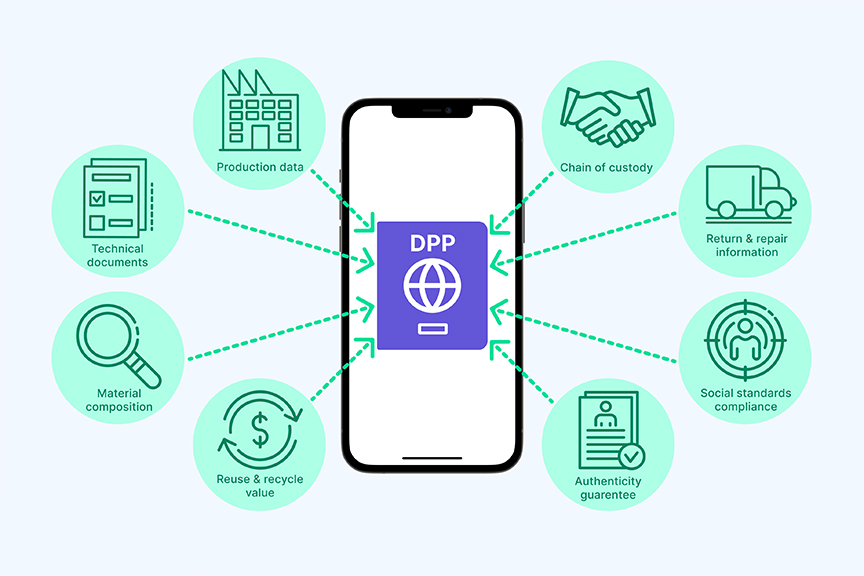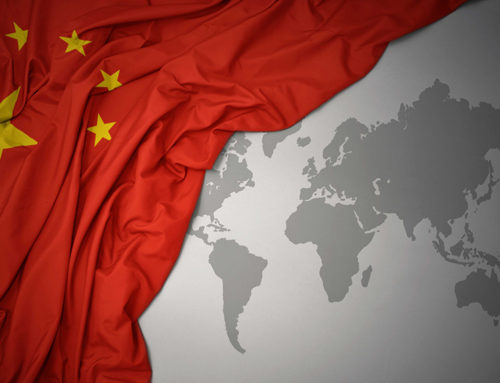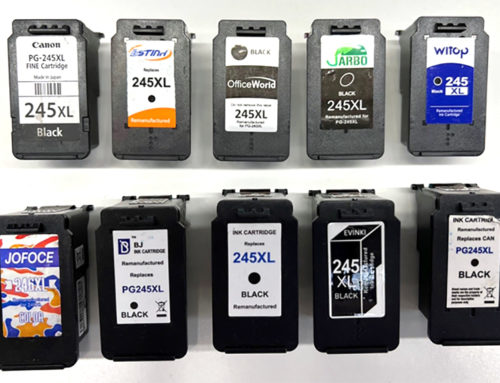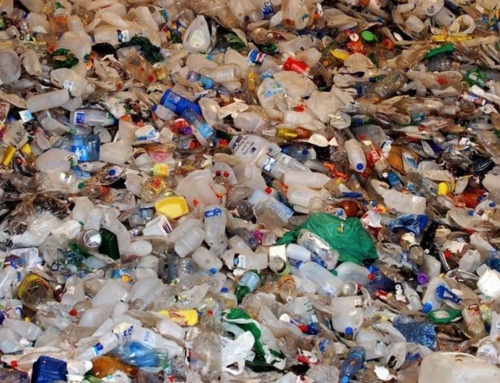When it comes to the intricate realm of carbon disclosure and reporting, the challenge of quantifying an organization’s scope 3 emissions looms large, representing over 80 percent of emissions across most business sectors, according to the World Economic Forum (WEF). While addressing scope 1 and 2 emissions is no walk in the park, the complexity is compounded with scope 3, as it is indirectly created by the entire value chain and consumers, involving liaisons with myriad customers and suppliers to understand the carbon footprint of every item an organization utilizes.
The common challenge shared by companies in accounting for scope 3 emissions is the lack of sufficiently granular, accurate, and verifiable primary product-level data. The intricacies of emissions accounting, data sharing complexities, and the diverse ecosystem of stakeholders further exacerbate the challenge. However, there’s a glimmer of hope as industries are rallying together to address this challenge collaboratively.
The emergence of the Partnership for Carbon Transparency (PACT) takes center stage in this collective effort. During the Scope 3 Summit at Climate Week NYC 2023, PACT presented a bold vision — to create the “internet for emissions data” through its Pathfinder Network. This ambitious initiative aims to establish a common framework for organizations to seamlessly connect, exchange, and derive insights from emissions data, transcending industry-specific data exchanges with inconsistent formats.
PACT’s endeavor is particularly exciting as it aspires to consolidate data exchanges into a unified platform, enabling companies to access standardized information from their suppliers. This approach empowers organizations to take targeted action on their value-chain emissions and fosters accountability for reduction progress. The World Economic Forum emphasizes the need for end-to-end value chain transparency and sharing actual and verified emissions data down to the individual product and supplier level.
A notable player in this transformative journey is Avery Dennison, whose atma.io connected product cloud is among the first PACT-conformant solution providers within the Pathfinder Framework version 2.0. The platform facilitates scope 3 tracking across the value chain at the item level, promoting trust and transparency among stakeholders. Having managed over 30 billion items across various supply chains over the last two years, atma.io’s PACT conformance ensures consistent and interoperable data sharing crucial for grappling with the complexity of scope 3 emissions.
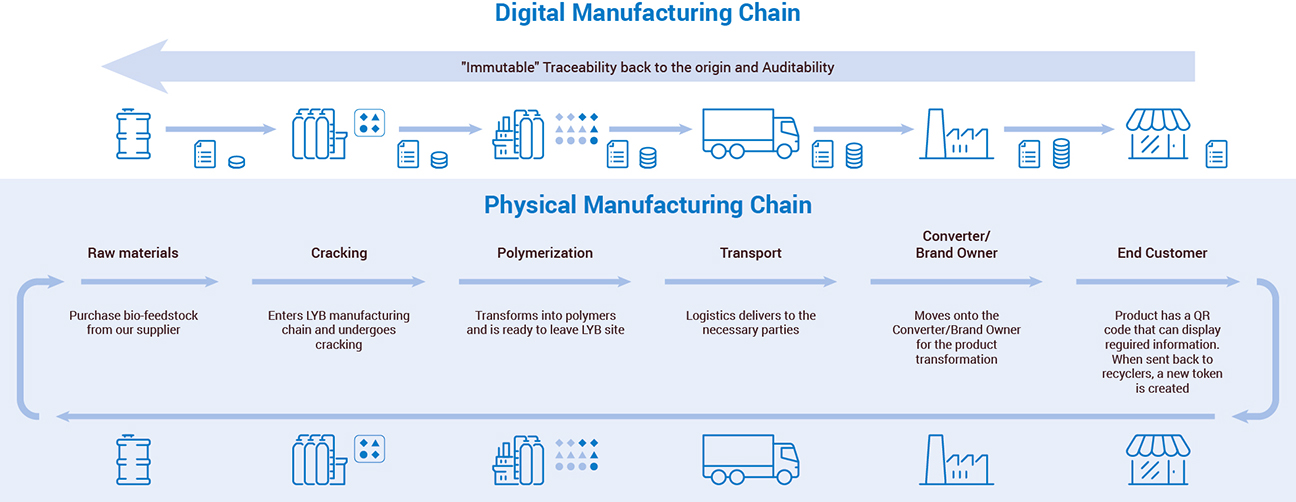
The convergence of scope 3 carbon disclosure reporting and the introduction of Digital Product Passports (DPP) in the European Union adds a new dimension to this landscape. The European Commission’s Circular Economy Action Plan sets the stage for the phased introduction of DPP in key markets by 2027, initially impacting textiles, industrial and electric-vehicle batteries, and consumer electronics. This development requires companies to delve deeper into understanding the composition and origins of their products, including carbon-footprint data, accessible to end consumers.
The alignment of scope 3 reporting and DPP compliance serves as a catalyst for collaborative efforts across sectors, making the path to scope 3 emissions reporting more navigable. As PACT and Digital Product Passports reshape the sustainability landscape, organizations are better equipped to not only measure but also mitigate the environmental impact of their entire value chain. This marks a significant step forward in the journey toward a more transparent, accountable, and sustainable future.

